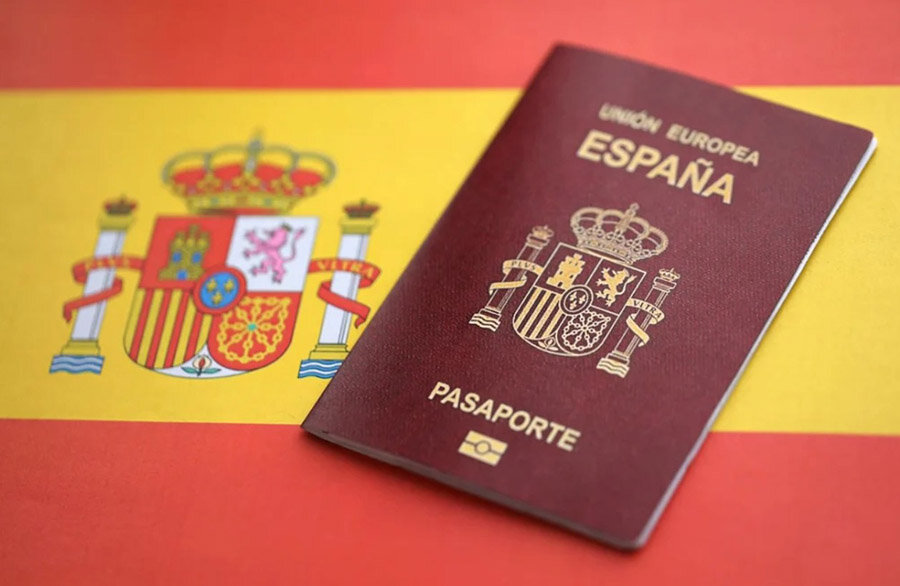Spain to Review Naturalized Citizens: Who Risks Losing Their Passports in 2025?

Starting in June 2025, Spain will launch a large-scale review of individuals who acquired citizenship through administrative procedures rather than by birth. Thousands of people may face revocation of their Spanish nationality, according to Cronista.
Main Grounds for Revocation
1. Continued Use of Former Citizenship
If a person continues to actively use their previous nationality within three years of acquiring Spanish citizenship, without formally declaring their intention to retain Spanish nationality, they may lose it.
Exception: Citizens of Latin American countries, Portugal, Andorra, the Philippines, and Equatorial Guinea.
2. Actions Against Spanish Interests
This includes voluntary military service in a foreign army or taking up a government post in another country without Spanish government permission.
3. Fraudulent Naturalization
Providing false information, forged documents, or concealing relevant facts during the naturalization process may lead to revocation through administrative and judicial procedures.
The Ministry of Justice emphasizes that these measures do not apply to individuals with citizenship by origin—i.e., those born in Spain to Spanish parents or granted citizenship by birth abroad. They also do not affect those who only hold Spanish nationality and comply with legal requirements.
Loss and Restoration of Citizenship
Revocation won’t be automatic. Each case will undergo individual administrative proceedings. Affected individuals will have the opportunity to submit evidence and documentation in their defense. The process will follow legal guarantees and deadlines.
Priority will be given to cases where violations are already suspected.
Spanish law allows for citizenship restoration, provided certain conditions are met:
Proof of legal and continuous residence in Spain (with some exceptions, such as descendants of Spaniards);
Submission of an official request to the local civil registry or Spanish consulate abroad;
Re-registration in the corresponding official registry.
In exceptional circumstances, the Ministry may make exceptions—e.g., for individuals who have contributed to the Spanish diaspora or provided services to the state.
Why Is Spain Tightening Controls?
According to Spain’s National Statistics Institute, 240,208 foreigners obtained Spanish citizenship in 2023—a 32.3% increase compared to 2022. Most applicants were from Morocco, Syria, and Colombia.
In the first nine months of 2024, there was a sudden spike in rejections—14,834, double the number from 2023 (7,399).
Between January and November 2024, 54,000 cases of illegal entry were recorded, 15.8% more than in 2023.
– 41,400 of these involved landings in the Canary Islands, with most irregular migrants arriving from Mali, Morocco, and Senegal.
This surge in mass naturalizations and irregular migration has led to increased political and public pressure. As a result, the government is implementing tougher controls over citizenship applications and existing naturalizations.
Official Recommendations
Spain’s Ministry of Justice advises newly naturalized citizens to:
Regularly check the validity of their documents;
Fulfill all legal obligations related to citizenship;
Avoid participation in foreign political or military activities without consulting Spanish authorities.
The aim, authorities say, is to reinforce legal certainty and ensure that citizenship is retained only by those who fully comply with Spanish laws.
This initiative is part of Spain’s broader tightening of migration and nationality policy amid rising discontent over foreign arrivals—including tourists, investors, and labor migrants.








